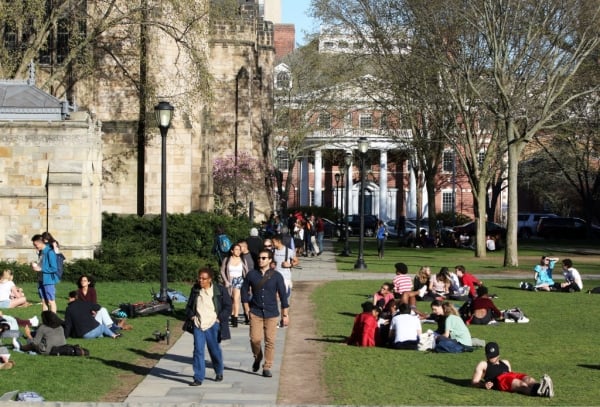As the debate over standardized testing’s role in college admissions heats up, Ivy League institution Yale University finds itself trying to navigate a middle ground that satisfies both proponents and opponents of the exams.
The issue of standardized testing has long been a contentious one in the education community. Critics argue that these tests, such as the SAT and ACT, are biased against certain groups and do not accurately measure a student’s potential. Proponents, on the other hand, believe that these tests provide a fair and consistent way to assess all students.
Yale’s current admissions policy reflects this ongoing debate. While the university still requires applicants to submit scores from either the SAT or ACT, it also operates on a “holistic admissions” model. This means that test scores are just one of many factors taken into consideration when evaluating applicants.
Yale’s mission to straddle the testing divide is evident in its recent decision to extend its test-optional policy. In light of the COVID-19 pandemic, the university announced that applicants for the 2022-2023 and 2023-2024 admissions cycles will not be required to submit test scores. This move was made in recognition of the fact that many students were unable to take standardized tests due to test cancellations and other COVID-related disruptions.
However, Yale has also made it clear that test scores can still be a valuable component of an application. The university states that applicants who are able to take standardized tests and feel that their scores accurately reflect their academic abilities are encouraged to submit them.
By adopting a flexible approach to standardized testing, Yale is attempting to strike a balance between acknowledging the limitations of these exams while still valuing them as a useful tool in the admissions process. This nuanced stance reflects the complexity of the issue and the challenges faced by college admissions offices in the current landscape.
As the debate over standardized testing continues to evolve, it will be interesting to see how other colleges and universities respond. In the meantime, Yale’s attempt to straddle the testing divide serves as a reminder that navigating this controversial issue requires careful consideration and a willingness to adapt to changing circumstances.


